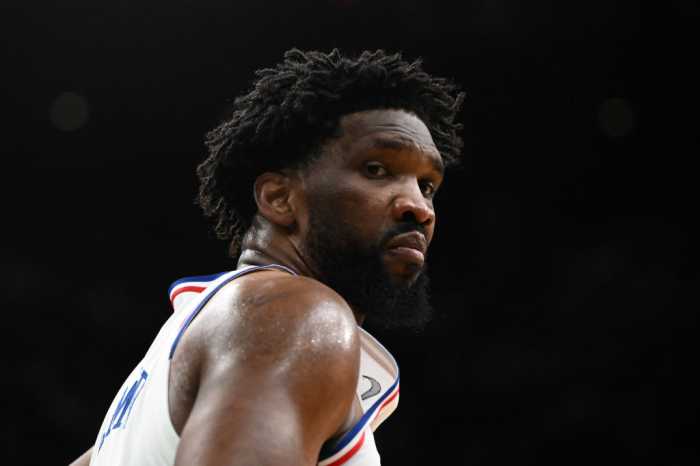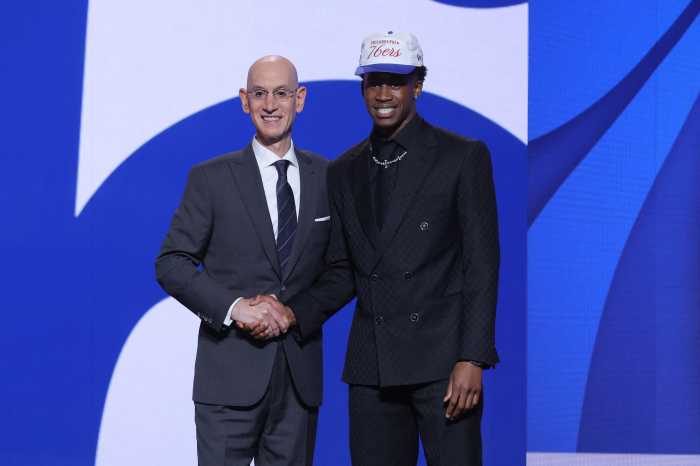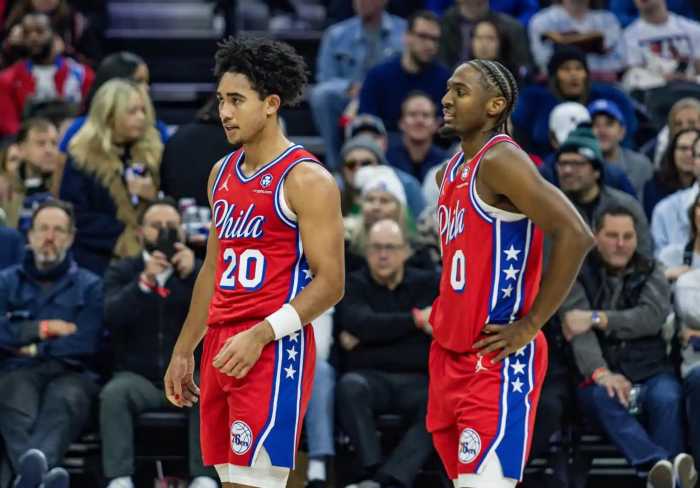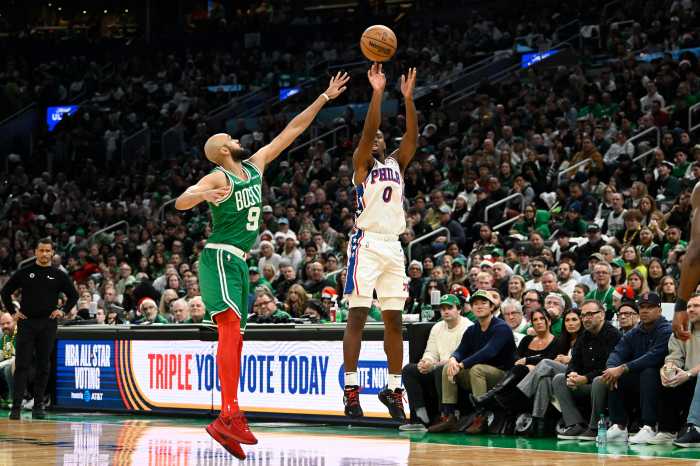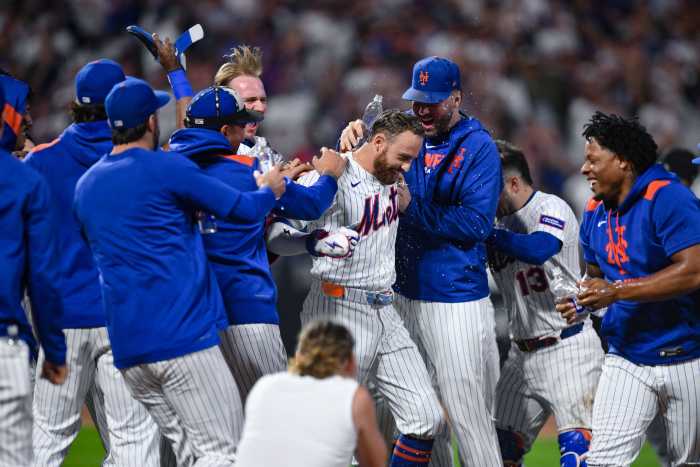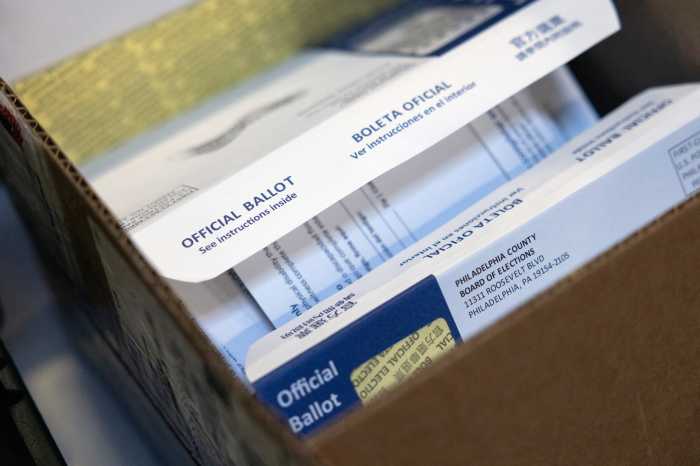The NBA‘s new Collective Bargaining Agreement with the Player’s Association begins to take effect on July 1, 2023. President of the NBAPA CJ McCollum was gracious enough to give teams two seasons to prepare their books ahead of the new CBA and its daunted second tax apron, a clause that effectively handcuffs teams around $17.5 million over the luxury tax line from being able to garner additional talent, as franchises locked into the second apron are unable to sign free agents using the taxpayer mid-level exception or add players on the buyout market. For a comprehensive breakdown of the new CBA and its ramifications, check out Sam Quinn’s piece on CBS Sports.
The second apron has additional repercussions for teams in trades, as those locked in are unable to send out cash, move picks more than six years in advance, or make a trade in which they take on more salary than they send out. Beginning this offseason, teams who surpass the second apron in salary will lose their taxpayer mid level exception and will only be allowed to take back 110 percent of the salary they send out in trades. It’s been clear that the NBA’s organizations have taken these changes seriously — albeit, some teams more than others — and many have already taken measures in preparation of the second apron coming into effect in the 2024-2025 season.
For example, the Denver Nuggets traded away a 2024 first-round pick and the 40th-overall pick in this upcoming draft to the Indiana Pacers in return for picks 29 and 32 in 2023. This move enables the reigning champions to add rotation players on rookie-scale contracts, allowing them to increase their depth without fear of encroaching the second apron.
The Golden State Warriors just made a financial move, as well, opting to send Jordan Poole and his four-year, $128 million contract, a 2030 first-round pick, and Ryan Rollins to the Washington Wizards in exchange for Chris Paul. While this move could prove useful on the court, it’s pretty clear that dumping Poole’s albatross deal was the primary motivator for this deal.
This had me thinking: what other players across the NBA might have significantly lower trade values now due to their contracts and the new CBA? Here’s a look at every NBA teams’ potential salary dump candidates, with all contract details provided by Spotrac.
1. Atlanta Hawks
John Collins: two years remaining + Player Option in 2025-2026, $26.13 million Average Annual Value
Clint Capela: two years, $22.94 million AAV
De’Andre Hunter: four years, $22.5 million AAV
Bogdan Bogdanovic: three years + Team Option in 2026-2027, $17 million AAV
2. Boston Celtics
Malcolm Brogdon: two years, $22.5 million AAV
Derrick White: two years, $18.96 million AAV
3. Brooklyn Nets
Ben Simmons: two years, $39.12 million AAV
4. Charlotte Hornets
Terry Rozier: three years (third year 93 percent guaranteed), $24.9 million AAV
5. Chicago Bulls
Zach LaVine: three years + PO in 2026-2027, $44.52 million AAV
Lonzo Ball: one year + PO in 2024-2025, $20.9 million AAV
6. Cleveland Cavaliers
Jarrett Allen: three years, $20 million AAV
7. Dallas Mavericks
Tim Hardaway Jr.: two years, $17 million AAV
8. Denver Nuggets
Michael Porter Jr.: four years, $37.1 million AAV
Aaron Gordon: two years + PO in 2025-2026, $23.3 million AAV
9. Detroit Pistons
N/A
10. Golden State Warriors
Andrew Wiggins: three years, $26.3 million AAV
11. Houston Rockets
N/A
12. Indiana Pacers
Myles Turner: two years, $20.5 million AAV
13. Los Angeles Clippers
Norman Powell: three years, $19.2 million AAV
14. Los Angeles Lakers
N/A
15. Memphis Grizzlies
Marcus Smart: three years, $20.29 million AAV
16. Miami Heat
Tyler Herro: four years, $30 million AAV
Duncan Robinson: two years, $18.78 million AAV
17. Milwaukee Bucks
Jrue Holiday: one year + PO in 2024-2025, $38.13 million AAV
18. Minnesota Timberwolves
Rudy Gobert: two years + PO in 2025-2026, $43.83 million AAV
19. New Orleans Pelicans
CJ McCollum: three years, $33.33 million AAV
20. New York Knicks
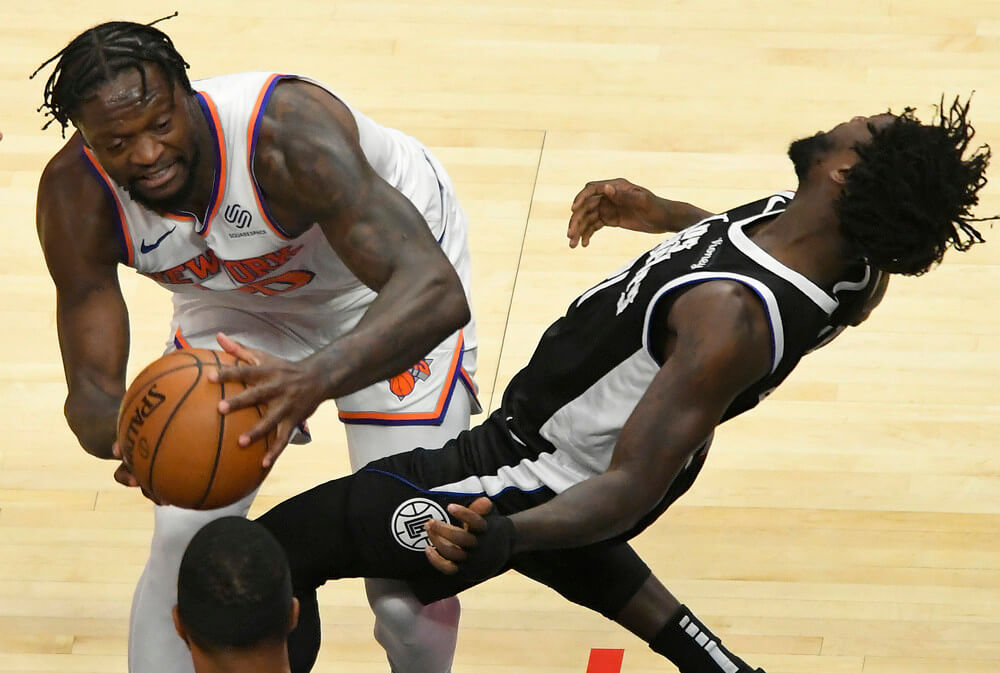
Julius Randle: two years + PO in 2025-2026, $30.32 million AAV
R.J. Barrett: four years, $26.75 million AAV
21. Oklahoma City Thunder
Luguentz Dort: three years + TO in 2026-2027, $16.81 million AAV
22. Orlando Magic
N/A
23. Philadelphia 76ers
N/A
24. Phoenix Suns

Bradley Beal: three years + PO in 2026-2027, $51.94 million AAV
Deandre Ayton: three years, $34 million AAV
25. Portland Trail Blazers
Anfernee Simons: three years, $25.89 million AAV
Jusuf Nurkic: three years, $18.13 million AAV
26. Sacramento Kings
Kevin Huerter: three years, $16.83 million AAV
27. San Antonio Spurs
Keldon Johnson: four years, $18.5 million AAV
28. Toronto Raptors

OG Anunoby: one year + PO in 2024-2025, $19.29 million AAV
29. Utah Jazz
Collin Sexton: three years, $18.15 million AAV
30. Washington Wizards
Jordan Poole: four years, $32 million AAV
Others might add or subtract players from this list. For my purposes, all these contracts mentioned include players who have over $15 million in average salary guaranteed through at least 2024-2025 — when the second apron would be implemented.
Stars — or anyone who could reasonably be a second option on a championship team in my eyes — were omitted regardless of salary figure or years remaining on their deal. Players who had a team option or non-guaranteed deals, leaving their franchises with an option to avoid paying them in 2024-2025, were also left off of this list.
It’ll be interesting to see the trades that go down across the NBA within the next two years regarding these players, and how their contracts and the second apron will affect their value in deals.

